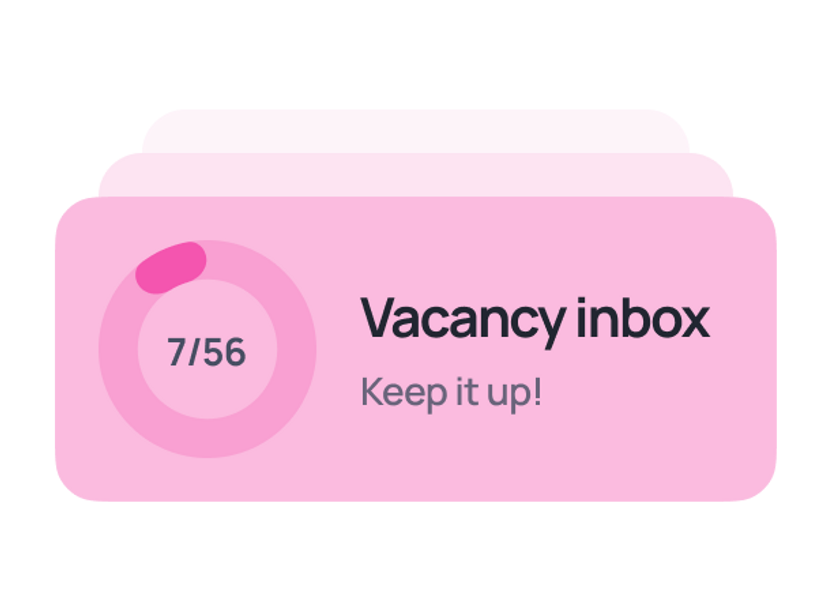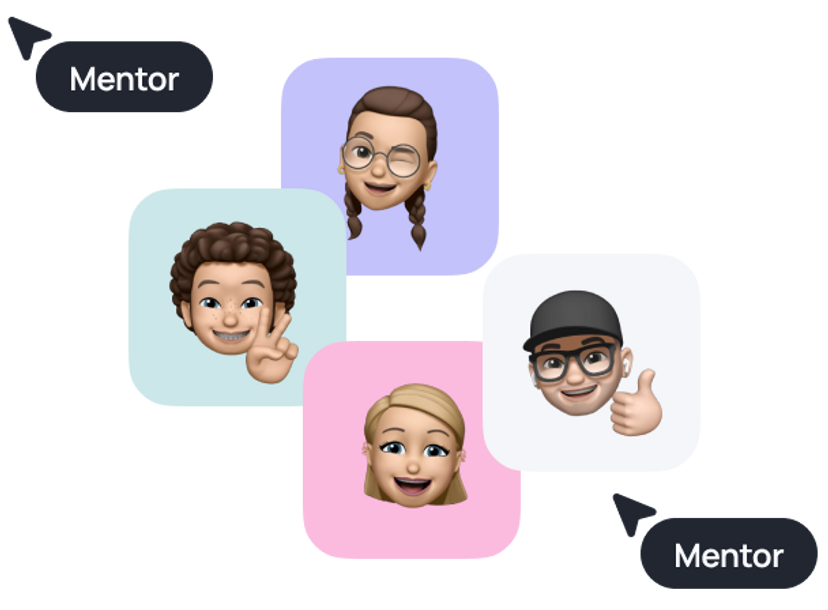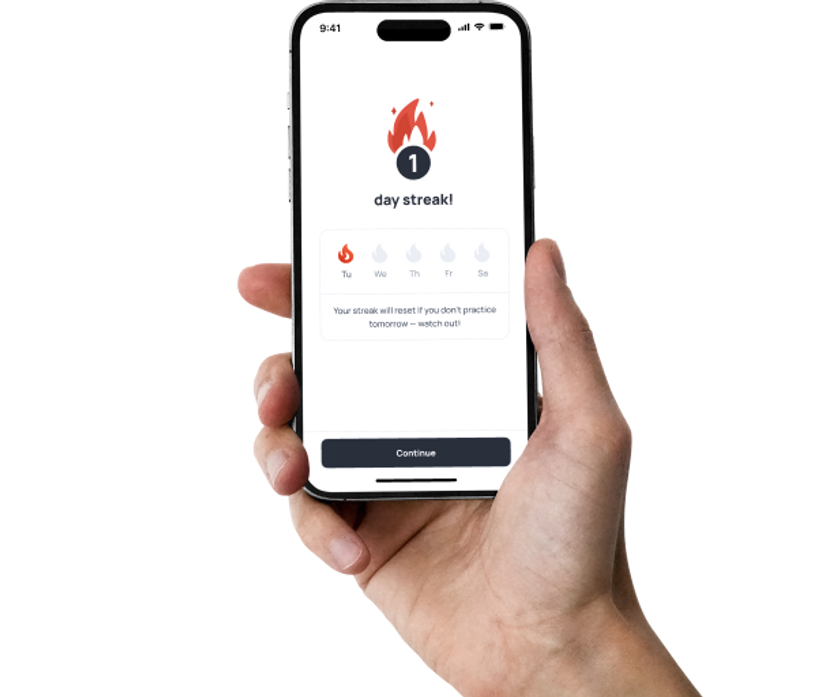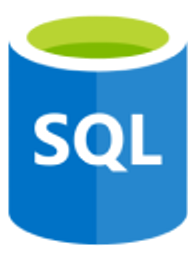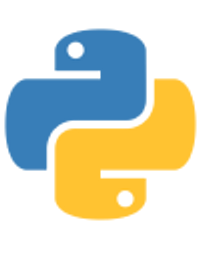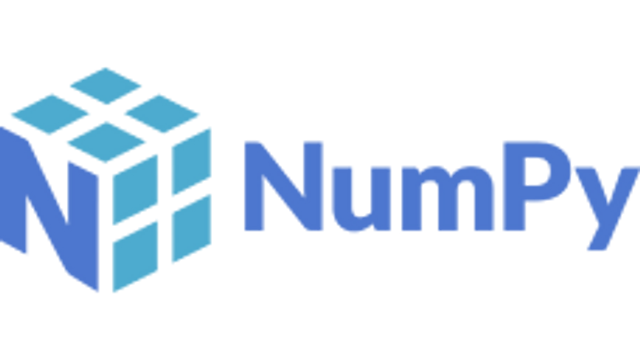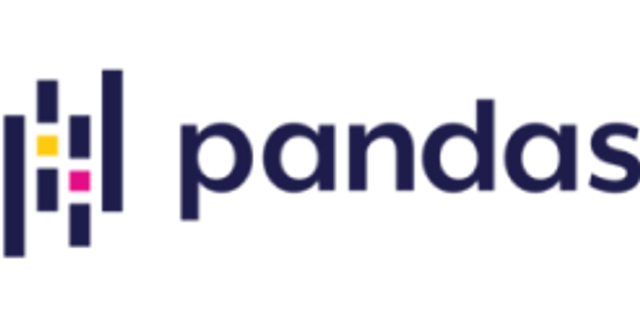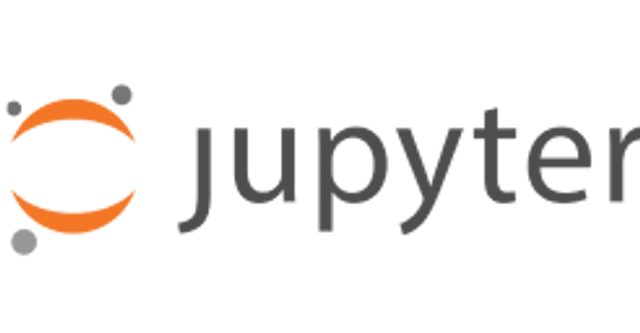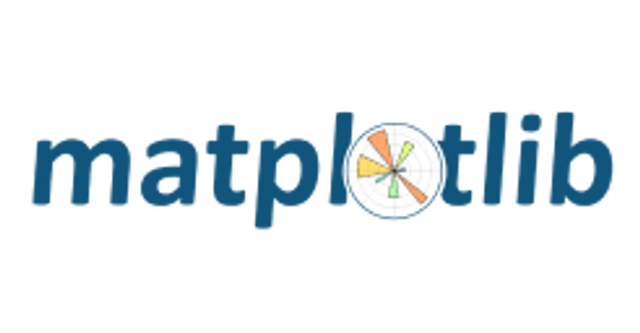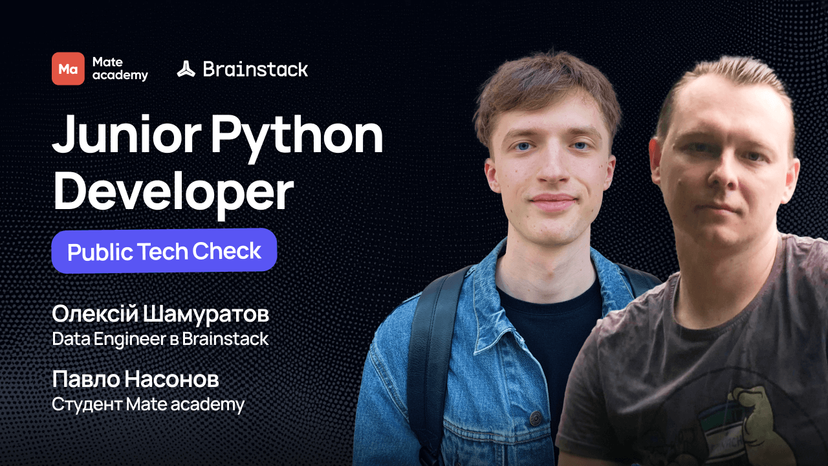Get AI tools training as a gift
Data analyst course with a job placement

Learn online, no experience needed
90%
of our students start with no technical background
Course updated in 2026
100%
industry-relevant curriculum built to meet employer expectations
5,500+ employed Mate academy grads
rating based on Google reviews
Data analyst: Salary
$1,750
+22%YoY salary growth. Source: DOU
What does a data analyst actually do?
A data analyst digs into large volumes of data, uncovers insights, and helps businesses understand user behavior, figure out why sales dropped, or why customers are leaving. It's one of the most in-demand tech jobs in Ukraine right now — and yes, you can start with zero experience. If you want a job that's exciting, skills that are actually useful, and a salary that grows with you, you're in the right place.
Your perks at Data analytics course
*You can buy English lessons separately.
FORMAT COMPARISON
Which studying format suits you?
Weekdays, 9 am - 6 pm
In your free time
This might be your CV

Marta K.
Data analyst
Skills
- Proficient in analyzing competitors and industry trends
- Experience researching data and user behavior patterns
- Skilled in creating and structuring data visualizations
- Ability to build and present dashboards and reports to stakeholders
- Knowledgeable in designing and implementing data workflows
- Capable of adapting data visualizations for different platforms
- Strong understanding of assessing data insights for specific audiences
- Experienced in using data metrics to inform business decisions
Technologies
90%
of Mate grads entered the tech field for the first time
Build your portfolio during the course — not after
You'll create real-world data analysis projects that show off your skills better than any resume can.
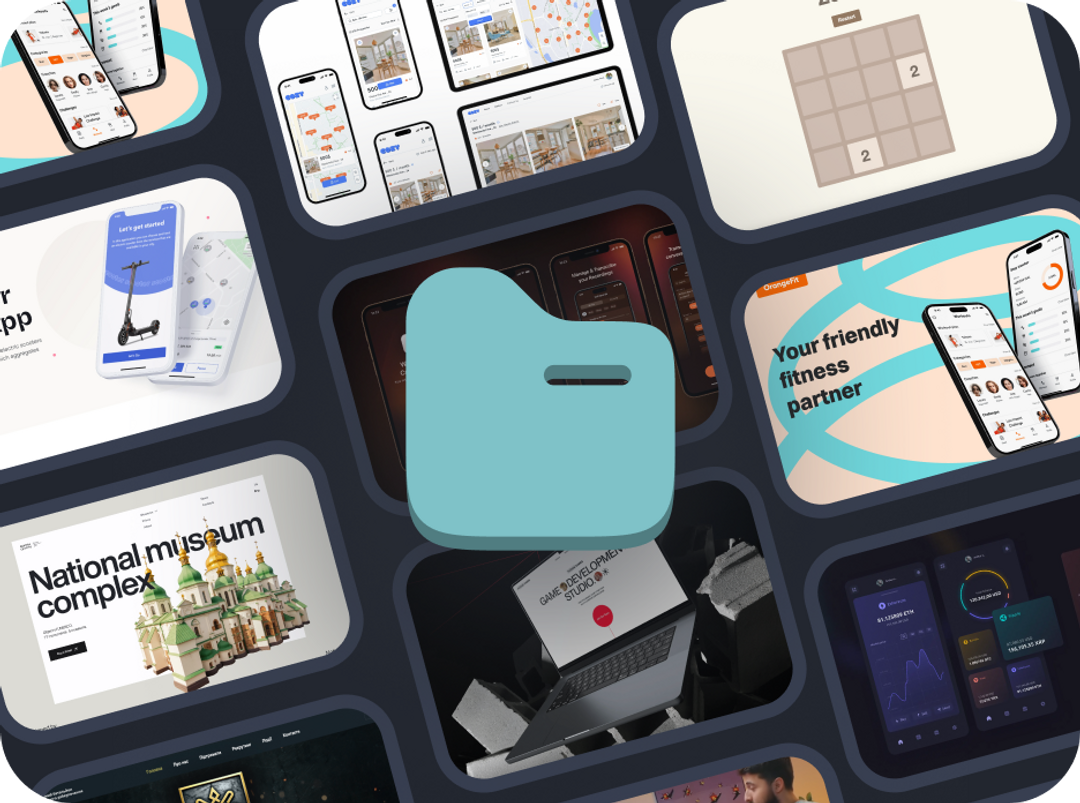
What's covered
Course roadmap
Get Started
4 topics
Learn how studying at Mate academy is organized: how the platform works, how interaction with mentors is structured, what the program includes, and get tips on how to study effectively and manage your time.
Topics
- How Education Process Works
- How the Platform Works
- How to Study Effectively
- How Employment Process Works
Data Analytics Basics
5 topics
In this module, you will learn the basics of data analytics, namely, how to build visualizations. Using the Tableau service, you will create your first analytical dashboard.
Topics
- Introduction
- Netflix Cinematic Map
- Calculated Fields
- Creating Dashboards
- Summary
GenAI Essentials
6 topics
Learn how to use GenAI responsibly and effectively.
Topics
- How GenAI Works
- Limitations of GenAI
- Prompting
- Responsible Use
- GenAI for Learning and Work
- How to Keep Up With AI
Course Fundamentals
2 topics
We are preparing for the next, more complex modules of the course.
Topics
- Productive Learning Tips
- Additional Tools
SQL Basics
11 topics
Semantically speaking, SQL closely resembles English, so you are in for a swift acquisition. We'll learn to use it with databases, to group, filter, sort and source data at wish.
Topics
- Introduction to SQL
- SELECT Statement
- WHERE Clause
- NULL Value, LIKE, BETWEEN, and IN Operators
- ORDER BY, LIMIT, DISTINCT Clauses
- Aliases
- Aggregate Functions
- GROUP BY Clause
- JOIN Clause
- Functions
- HAVING Clause
SQL Advanced
13 topics
To work as a data analyst, you need in-depth knowledge of SQL. In this module, you will analyze sales and marketing indicators using a real database that contains data from an online store.
Topics
- Relational Databases
- Getting Started with Google BigQuery
- CASE WHEN
- UNION
- Subquery
- String Functions
- Datetime Functions
- Window Functions
- Common Table Expressions
- Additional Entities in SQL
- Nested Fields
- Query Optimization
- SQL and Additional Tools
Google Sheets for Data Analytics
13 topics
In this module, you'll work with spreadsheets that are used to calculate, organize, analyze, and store data. You will learn how to process datasets, perform calculations using functions, and build pivot tables. You will also be able to visualize results in the form of graphs and charts.
Topics
- Spreadsheet — the Basic Tool for Analytics
- Data Importing
- Basic Data Types
- Formulas and Built-In Functions
- Cell Reference Types
- Data Cleaning
- Text Processing
- Working with Ranges
- Table Relationships
- Pivot Tables
- Data Visualization
- Data Exporting and Sharing
- Google Sheets Summary
Tableau
10 topics
Tableau is an entire ecosystem of interactive analytics. In this module, you'll learn how to connect data and create combined data sources, make complex visualizations, publish and update dashboards. You will also learn how to use Tableau Prep to prepare data, and Tableau Public and Tableau Online to share your work.
Topics
- Introduction
- Tableau Vocabulary
- Session Dashboard
- Sales Dashboard
- Email Dashboard
- Tableau Public Server Overview
- Tableau Desktop
- Tableau Online
- Tableau Prep
- Summary
Python Basics
10 topics
Contrary to its name, there's nothing to be scared of, so let's approach Python head on. We'll start with strings, booleans, function, conditionals, loops and lists.
Topics
- Introduction
- Main Concepts
- Numbers
- Strings
- Boolean
- Lists
- Conditional Statements
- Loops
- Functions
- Summary
Communication and Stress Management
7 topics
This module is designed to enhance your communication skills and overall soft skills. You’ll learn how to communicate effectively, feel confident during job interviews and public speaking, master techniques to manage stress, and much more. The best part? The module includes 28 practical tasks that will significantly boost your skills and help you see noticeable progress.
Topics
- Introduction to Communication & Stress Management
- Confidence Building and Stress Management
- Diction, Filler Words Reduction, and Body Language
- Public Speaking
- Job Interview
- Written Communication
- Social Media Communication Skills Development
Python for Data Analytics
14 topics
Python is an extremely powerful tool for data analysis. You've already learned the basics, so we'll move on to introduce you to the NumPy and Pandas libraries for data processing and analysis. You'll also learn how to visualize your results with Matplotlib and Seaborn, and work with interactive environments like Jupyter Notebooks and Google Colab to perform and document your analytical tasks.
Topics
- Introduction
- Code Style
- Working With Numbers
- Working With Strings
- Dict Basics
- Functions Revisited
- Modules and Imports
- Environmental Setup for Data Analysis
- NumPy
- Pandas Part 1
- Pandas Part 2
- Visualisation with Matplotlib and Seaborn
- Connection to Database
- Exploratory Data Analysis
Statistics
6 topics
Statistics is a not an easy topic, but did our best to collect only the information that you will need to perform the real work tasks of a data analyst. In this module, you will learn the basics of statistics, including its role in business and everyday life. You will work on analyzing relationships between data, testing hypotheses, and you will learn to design of statistical experiments.
Topics
- Introduction to Statistics
- Descriptive Statistics
- Sampling: Approaches and Methods
- Statistical Hypotheses
- Relationship of Random Variables
- Design of Statistical Experiments
Product A/B Testing
6 topics
Let's start to develop product thinking. In this module, you'll learn approaches to hypothesis evaluation, such as A/B tests. You'll learn how to build product hypotheses, design A/B tests, choose metrics for conducting them, and analyze the results.
Topics
- A/B Testing Introduction
- Planning A/B Testing
- Data Collection and Analysis
- Creation of A/B Testing Tool
- Cases Analysis
- Advanced Tools and Approaches
Building Portfolio
2 topics
We will create unique portfolio projects and place them on shared resources to demonstrate your skills to potential employers. We will also analyze the vacancies you can apply to upon course completion.
Topics
- Portfolio
- Vacancies Overview
Team Project
7 topics
In 4 weeks, you will create a product from scratch in teams with colleagues from other areas, following Scrum methodology, and present the results to your mates. In the end, you will have another project to add to your resume and gain invaluable real-world experience.
Topics
- Week 0: Team Project. Intro
- Week 1: Jira Environment
- Week 2: Status Check
- Week 3: Estimates
- Week 4: How to Demo Your Work
- Final Week: Retrospective
- Team Project for Employment
Employment
9 topics
Ready to enter the tech market? Well... we'll get you ready — with a great resume, cover letter, a LinkedIn profile and mock interviews. Recruiters are in for a true discovery!
Topics
- Employment Roadmap
- Preparing Your Resume
- Interview Preparation
- Cover Letter Preparation
- Google, LinkedIn, DOU, Djinni
- How to Find and Apply for Vacancies
- Job Search Tips: Talking to Recruiters
- Work details FAQ
- MilTech
Advanced Analytics: Prediction and Clustering Models
6 topics
Let's dive into analytics. In this module, you'll learn how to forecast quantitative indicators using a linear multivariate model and a linear regression model with a single explanatory variable. You will master the concepts of training and test data, cross-validation, model quality measures, regularization, and forecasting qualitative indicators and risks using logistic regression. In addition, you will learn about cluster analysis, data clustering methods, similarity measures, and algorithms such as k-means, k-medians, and DBSCAN.
Topics
- Advanced Analytics Introduction
- Numerical Values Forecasting
- Categorical Values, Risks and Probabilities Forecasting
- Feature Engineering Basics
- Cluster Analysis
- Summary
Product and Marketing Metrics
7 topics
Let's dive deeper into product thinking. In this module, you'll learn how to measure user engagement, activation, and retention. You will master typical product frameworks such as cohort analysis, RFM, NSM, and ARRR. You will also create a metrics map for a website as a project.
Topics
- Introduction
- User Acquisition
- Product Metrics
- Monetization
- Product Frameworks
- B2B Metrics
- Summary
Excel for Data Analytics
7 topics
In this module, you will learn how to work with data using Excel: process datasets, perform calculations with formulas, build pivot tables, and visualize results with charts and diagrams.
Topics
- Basics of Excel
- References and Built-in Functions
- Working with Ranges
- Working with Text Data
- Data Cleaning and Validation
- Advanced Analytics
- Data Visualization
Power BI: from Data to Dashboard
8 topics
You’ll learn how to work with Power BI and go through all the stages — from loading data to building a dashboard that helps answer business questions.
Topics
- Welcome to the Module
- Introduction to Power BI
- Importing and Cleaning Data
- Data Modelling
- Visuals Creating
- DAX Calculations
- Designing an Interactive Report
- Sharing the Dashboard
Career Development
9 topics
Module that will help you confidently pass your probation period, develop a professional development plan, prepare for performance reviews, and learn how to record your achievements. It provides practical tools for conscious career growth and preparation for new opportunities.
Topics
- Succeeding in Your Trial Period
- Personal Development Plan (PDP)
- Performance and Salary Reviews
- CV and LinkedIn Profile
- Cover Letter Preparation
- Interview Preparation
- DOU, Djinni
- How to Find and Apply for Vacancies
- Job Search Tips: Talking to Recruiters
162
Topics
3
Projects
From zero to hired
What’s your path to becoming a Data analyst?
Get in touch
Do I need a technical background? When can I start?
- We'll answer all your questions
- Help you choose the right course
- Get you in on our best deals
Skill level after the course
Mate graduates ace technical interviews
Who will guide you?
Coaches

Mentors

English Teachers

Education coordinators

Employment coordinators

Get in touch
Let's get in touch
- We'll answer all your questions
- Help you choose the right course
- Get you in on our best deals
Faq
Got questions? We’ve got answers
Full-time or flex — which learning format suits you?
Both formats are full, job-focused courses with support. The only difference is the pace and style.
Full-time format:
Learn online, Mon–Fri, from 9:00 to 18:00
Daily webinars, Q&As, and hands-on tasks
Close interaction with mentors and fellow learners
Not compatible with a job or other studies
Flex format:
Learn at your own pace, whenever it works for you
Access mentors, group chat, and regular Q&A sessions
Full course access — forever
Easily combine with work or school
Will I get a certificate after the Data analyst course?
Absolutely! Once you finish the course, you'll get a certificate that proves your skills in data analysis, SQL, Python, Power BI, and more. Over 5,000 graduates already use their certificates to land jobs in tech or show off on LinkedIn.
What if I'm not sure that data analytics is right for me?
Do I need math skills or a tech degree to become a data analyst?
Nope. You don't need a technical background or strong math skills to take the course. In fact, 9 out of 10 Mate students start with zero experience — and that's totally fine.
We teach you everything from scratch:
logic and basic statistics
analytical thinking
how to work with Big Data
tools like SQL, Python, Power BI, Tableau
How to join the course — and are there age limits?
Getting started is easy — just submit your application. What happens next depends on your chosen format:
Full-time:
Logic test
Short interview
Entry test with basic logic questions
Results + course start (new groups every 3–4 months)
You can apply from age 16 with parental consent
Flex:
After applying, our manager will reach out
You'll get all course details
Once you pay, you can start learning right away — at your own pace
You can apply from age 15, but the job guarantee only applies if you're legally allowed to work by the time you finish
Why are you so confident I'll get hired as a Data analyst?
We've spent 11 years helping people with zero experience start careers in tech. Our Data analyst course is built to fully prepare you for a real IT job from the ground up.
Here's why it works:
80% of the course is practice: projects, case studies, and real data analysis
The program is always updated to match market demands
Mentors review your tasks, give feedback, and support you
Our career team helps with:
resume writing
LinkedIn profile optimization
interview prep
80% of our grads land a job in tech within a few months.
How does the job guarantee at the Data analysis course work?
We're confident in what we teach, so we offer a "no job — no payment" guarantee.
Full-time:
No upfront cost — learn for free
Start paying 12% of your future IT salary only after you get hired as a data analyst (or a similar role)
If you don't get a job — you don't pay anything
Flex:
Pay upfront
If you finish the course, actively job hunt with our support for 16 weeks — and still don't get a single offer — we'll refund you 100%.
That's your guarantee that this course pays off.
What does a full-time study schedule look like for DA?
This format is built for full immersion — with a balance of theory, practice, and mentor support.
Here's a typical day (Mon–Fri, 9:00 to 18:00):
09:00–10:00 — logic challenges to sharpen your thinking
10:00–11:30 — mentor session
11:30–12:30 — lunch break
12:30–14:00 — practice tasks
14:00–14:30 — Q&A session with a mentor
14:30–17:00 — more practice
17:00–18:00 — final Q&A and topic recap
This intense pace is perfect if you want to switch careers quickly and land a tech job in just a few months.
Will I only be able to work as a data analyst?
Graduates of the Data Analytics course most often get their first job in the following positions: Junior Data Analyst, Product Analyst, Business Analyst, Junior Data Scientist, BI Analyst, and Marketing Analyst.
What do I actually get from the Data analyst course?
By the end of the course, you'll be able to:
confidently use SQL, Python, Power BI, and Tableau
collect, clean, and analyze large datasets
build dashboards and reports for real business cases
earn a course completion certificate
put together a job-ready portfolio
get hands-on help with resumes, portfolio, and job search
Why take a course on data analysis instead of learning on your own?
Learning solo usually means watching random YouTube videos and getting zero useful feedback. With us, you'll get:
a clear, step-by-step curriculum
focus on real-world practice
feedback from mentors and tech support
a community of peers
one outcome: a job in tech
How can I learn data analytics from scratch?
Simple. You take a structured online course and build your skills step by step:
develop analytical thinking
learn statistics and database basics
practice with Excel, SQL, Python
understand how businesses use Big Data
build your first analyst portfolio
What kind of computer do I need to learn data analysis?
Here's the minimum setup:
Laptop or desktop with Intel Core i5 (or similar)
At least 8 GB of RAM
Stable internet connection
Any OS — Windows, macOS, or Linux
That's all you need to get started. No fancy gear required.

Advantages of the Data analyst profession
High demand on the IT market: the amount of data is constantly growing, and with it the demand for qualified specialists for their analysis. A high-quality Data Analyst course will help you become a specialist that prospective employers are looking for. Competitive Salary: After completing the Data Analyst courses and being employed at a Junior level position, your salary will range from $700 to $1,000. With experience, it can increase to $3,000 or more. Ability to work remotely: This field is ideal for freelance or remote work with foreign companies. The world will become your open space. A variety of projects: analysts work in the fields of finance, marketing, logistics, sales — there are interesting challenges and unusual tasks everywhere. Development prospects: a data analyst can choose such trending directions as Data Scientist, Product Analyst, or Machine Learning Engineer for transition.
Career prospects after the data analytics course
Data analytics courses open up career opportunities in the positions of Junior Data Analyst, Business Analyst, BI Analyst, and later - Data Scientist. The career develops gradually: through projects, gained experience, and with it the salary increases. There is a demand for specialists in this direction in fintech, e-commerce, health care, even in the public sector - people who know how to see the meaning in numbers are always needed.
Who is suitable for online Data Analytics courses?
To successfully complete the "Data Analyst" course, it is useful to have basic knowledge of mathematics and statistics, to be able to think analytically and to be attentive to details. For beginners without IT experience If you are a beginner, "Data analyst" courses will give you a solid foundation for working with large amounts of information. To analysts from non-technical industries Already working with data, but want more systematicity? The Data Analyst course will help organize and optimize daily tasks. Marketers and entrepreneurs If you want to improve internal processes, the Data Analyst course will be a profitable investment for your business. For graduates of economic and mathematical specialties You already know the theory - it's time to turn it into practice. "Data analyst" training will help to do this.
How is the training on the Data Analytics course?
You can take "Data analyst" courses intensively from 9:00 a.m. to 6:00 p.m. on weekdays or study in a flexible format. In any case, the learning algorithm is as follows: 20% of the theory is concise and structured lectures for quick assimilation of the necessary information. 80% of practice is work on real cases and datasets. After each task, you will receive personal feedback from the mentor and, if available, analyze your mistakes. In addition, you will be able to communicate with your teammates in chat or via video calls.
